tnaeht
TPF Noob!
- Joined
- May 9, 2017
- Messages
- 1
- Reaction score
- 0
- Can others edit my Photos
- Photos NOT OK to edit
I'm a hobby photographer -always used canon. Started with easiest compact zooms but wants more and mire from the camera. Since a few years now my favorite camera is G1x Mark ii with its goog sensor giving me high quality in less good light situations and in ordinary photos. Even aurora shooting is ok. Still complete though with a Powershot SX60 hs in need for better zoom or sports photography (in good light).
BUT now I want more. Want a camera with good shooting in less light, even with zoom and sporty objects.
Think it might be a camerahouse with separate objectives, but know nothing about that.
Don't want to downgrade in quality - and searching around I stumble on very expensive system cameras and objectives - is it worth that?
Please give me some advice!
Shooting sports outdoors and indoors, concerts, nature, views and animals, family, portrait, aurora borealis and night skies...
BUT now I want more. Want a camera with good shooting in less light, even with zoom and sporty objects.
Think it might be a camerahouse with separate objectives, but know nothing about that.
Don't want to downgrade in quality - and searching around I stumble on very expensive system cameras and objectives - is it worth that?
Please give me some advice!
Shooting sports outdoors and indoors, concerts, nature, views and animals, family, portrait, aurora borealis and night skies...


![[No title]](/data/xfmg/thumbnail/39/39479-b21bb968588fb225cd453013c6512c9a.jpg?1619739047)
![[No title]](/data/xfmg/thumbnail/33/33359-a5cf76b8e843e82b3831650af6dfa6b3.jpg?1619735923)
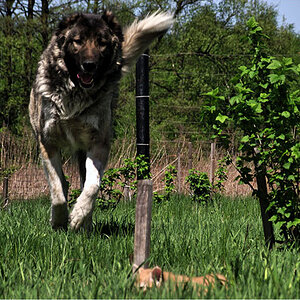
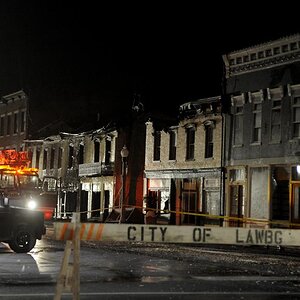
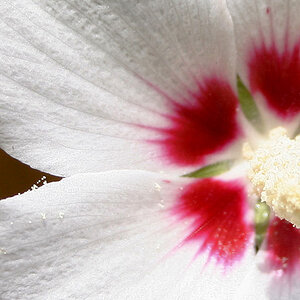
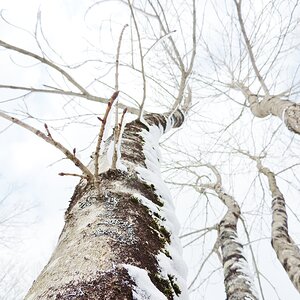
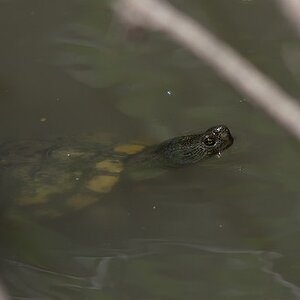
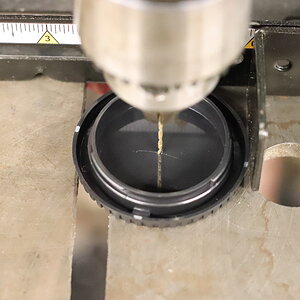
![[No title]](/data/xfmg/thumbnail/42/42267-2fff585000110a96fd9ac3ff09cceb95.jpg?1619740076)
![[No title]](/data/xfmg/thumbnail/33/33360-ff0b69685c94740bde3f53b6d7aa9af1.jpg?1619735924)